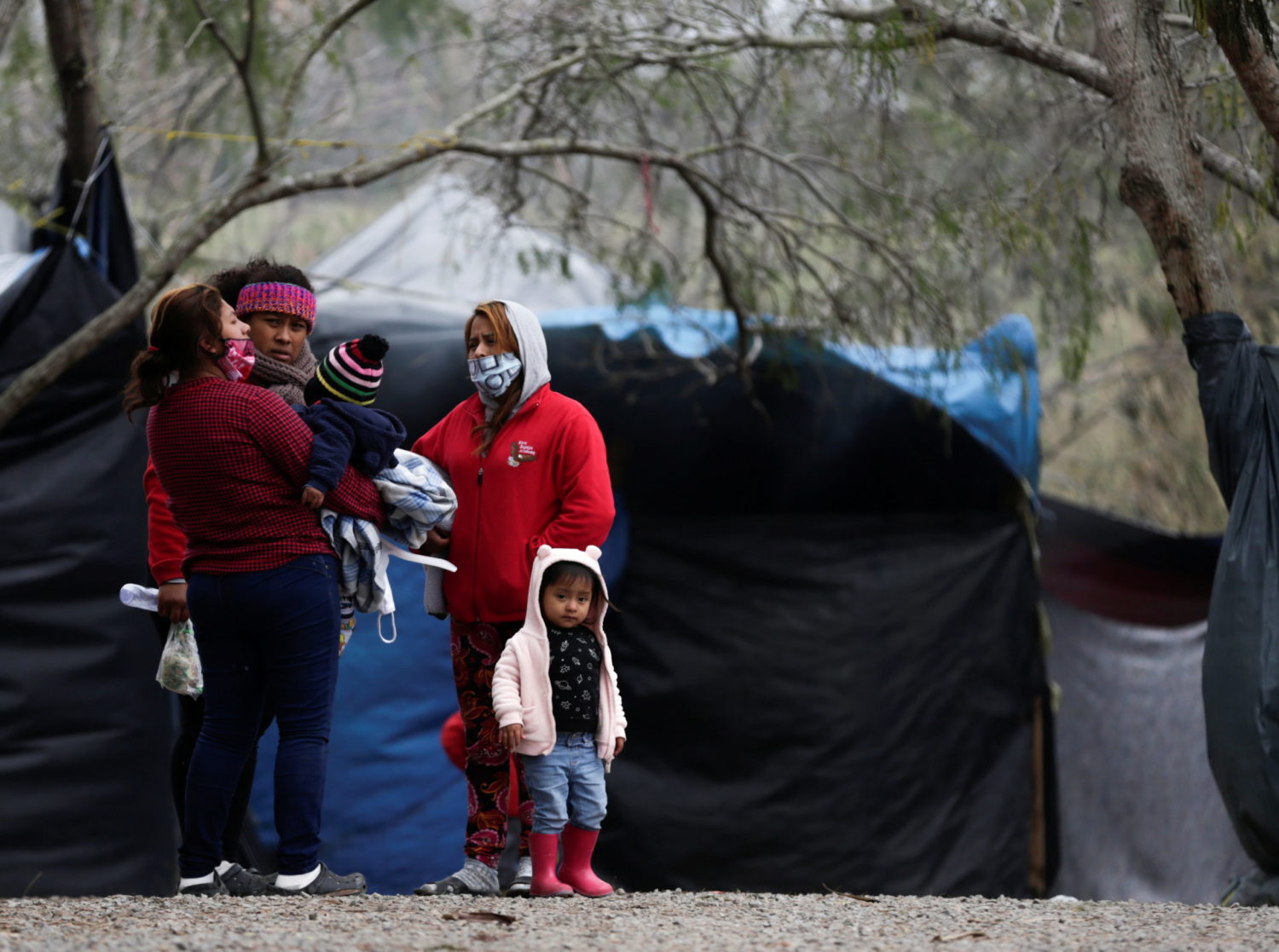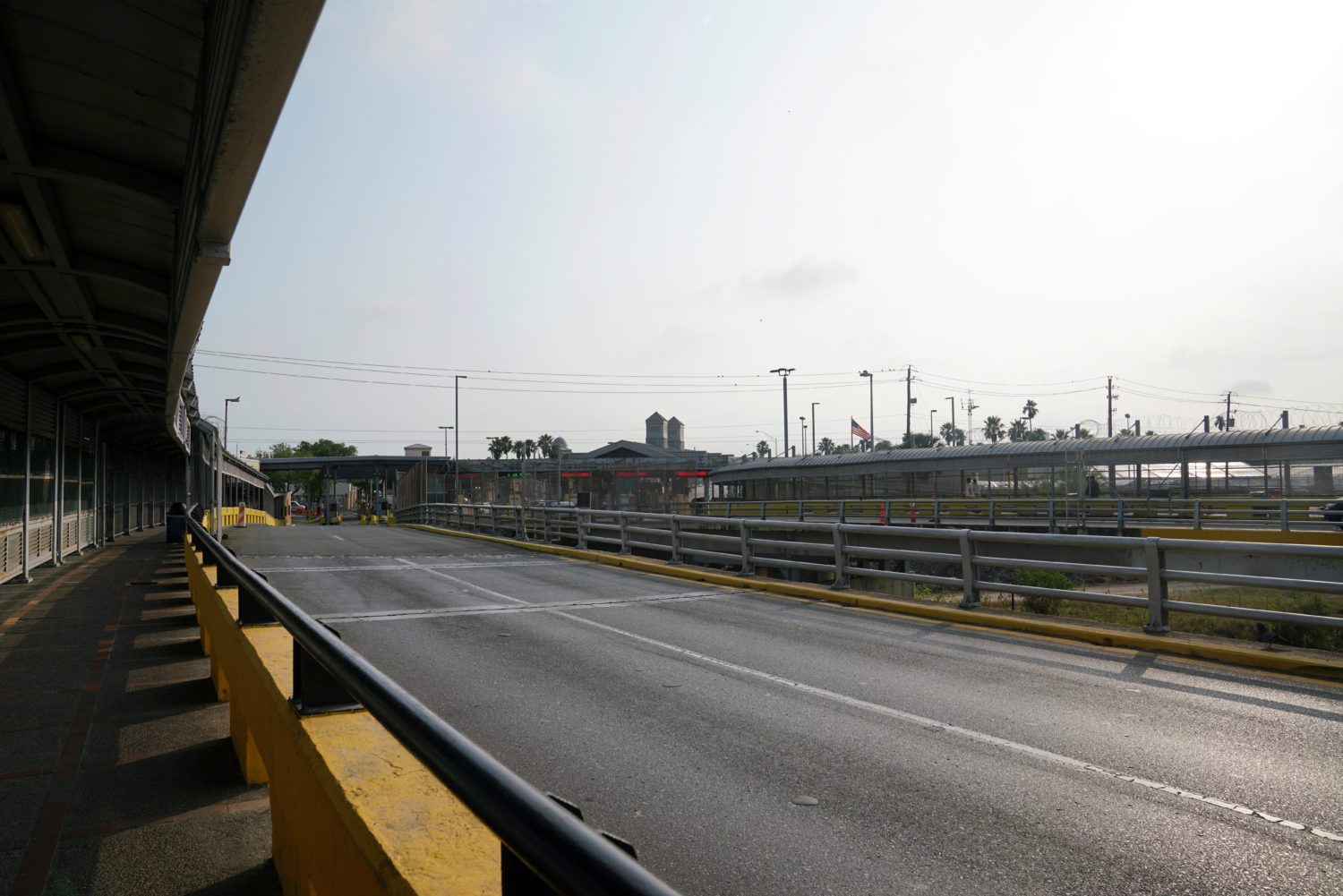
By Steve Holland and Dave Graham
WASHINGTON/MEXICO CITY (Reuters) – The Biden administration on Monday downplayed the prospect of sharing coronavirus vaccines with Mexico, saying it is focused first on getting its own population protected against a pandemic that has killed more than 500,000 Americans.
The remarks by White House press secretary Jen Psaki came hours before Mexican President Andres Manuel Lopez Obrador is expected to ask U.S. President Joe Biden to consider sharing some of its COVID-19 vaccine supply.
“The administration’s focus is on ensuring that every American is vaccinated. And once we accomplish that objective we’re happy to discuss further steps,” Psaki said at a White House news conference.
The two leaders are due to hold a virtual meeting later on Monday that is also likely to encompass immigration and trade.
Biden has predicted the United States will have enough supply by late July to inoculate all Americans. U.S. authorities have administered 76.9 million doses to date, according to the U.S. Centers for Disease Control and Prevention, enough for 23% of the population to get the two doses recommended for full protection under the vaccines that have been deployed so far.
Mexico has vaccinated roughly 2.5 million doses so far, enough for about 1% of the population, according to data compiled by Reuters. Officials have been frustrated by bottlenecks in supply and raised concerns that wealthy countries are hoarding vaccines.
According to Reuters reporting, Mexico would aim to pay back Washington once pharmaceutical companies have delivered on their orders.
Mexican magazine Proceso said Lopez Obrador had asked Biden for help on vaccines in January.
“We’d like to get an answer on a request that we’ve already made … about the vaccines,” Lopez Obrador told a regular news conference on Monday. “Provided he’s of the view the matter should be addressed. We must be respectful.”
IMMIGRATION AND ENERGY
Immigration, security, climate change and the United States-Mexico-Canada Agreement (USMCA) trade deal were also likely to feature in talks, said Lopez Obrador, a left-wing nationalist.
Mindful of pressure to curb unlawful immigration, Lopez Obrador said on Saturday he wants Biden to help secure U.S. work permits for Mexicans and Central Americans, saying the United States needed another 600,000-800,000 workers.
On Monday, Lopez Obrador said he wanted to broker an agreement that covered all kinds of workers, including “professionals.”
The two leaders could also discuss Lopez Obrador’s efforts to strengthen a state-run electricity utility, the Comision Federal de Electricidad (CFE).
The Mexican president has cast the legislation as a matter of national sovereignty, arguing that past governments skewed the electricity market in favor of private operators.
Business groups have condemned the bill, saying it risks violating the USMCA and endangers Mexico’s renewable energy targets because it puts wind and solar generators at a disadvantage against the CFE, a heavy user of fossil fuels.
(Reporting by Dave Graham, Steve Holland and Alexandra Alper; Additional reporting by Nandita Bose and David Alire Garcia; Writing by Andy Sullivan; Editing by Giles Elgood and Aurora Ellis)











